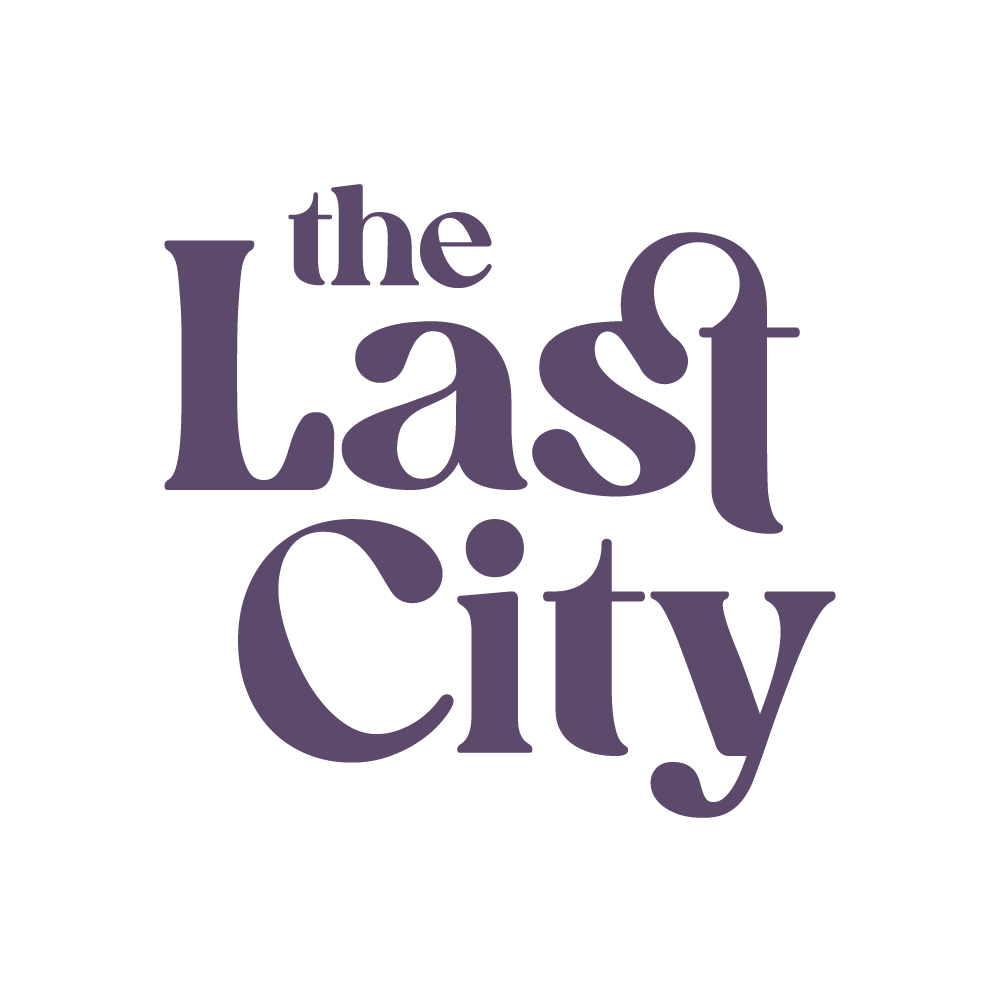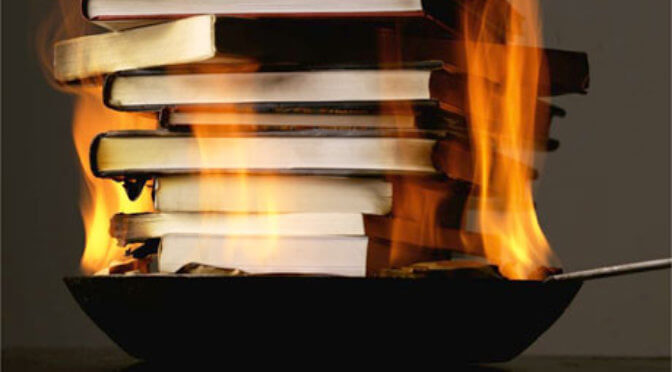The most necessary part of learning is unlearning our errors.” — Zeno
When the plane touched down in Columbia, South Carolina, the 3 years I had spent in Japan felt like a learning experience as intense, and expensive, as college.
It certainly included just as many late nights (studying and partying), poor financial decisions, and painful opportunities to grow. What had become business as usual for my wife and I while in Hiroshima was completely foreign in every sense to the friends and family we had left in the States.
Between sharing stories of bilingual mishaps and adventures, I couldn’t help but get a little preachy about lessons learned and perspectives gained. I deftly crossed and re-crossed the thin line between healthy sharing and being condescending. Sometimes I knew it, sometimes I didn’t. Like it mattered. I had not only lived a rather unique experience, but I had done so consciously, intently studying as a pupil of life. I had earned my degree and was certainly enjoying the complimentary narcissism.
That was over a year ago.
Since then I moved to a new foreign land, Texas. Sure, technically it’s the same country, but technically McNuggets are chicken.
I had spent three years cramming a second language into my head, but it took the year and a half since to relearn three phrases I should have been practicing just as regularly in my native tongue.
“I’m wrong”
I had learned all kinds of new ways to see the world, and certainly had my mind expanded to accommodate new traditions, cultures and ideas. The downside? So far removed from the world I knew, I was unable to see that I wasn’t unlearning. A brand new environment always means replacing habits, finding new comfort zones and seeing new sides of yourself. But returning home can also show how a “new lease on life” can really just be the same entrenched flaws being expressed differently.
“I’m sorry”
It’s rather easy in the rush of traveling and relocating to avoid ever having to apologize. It’s hard enough saying it to people we have lived with for decades. I found and find it all to easy to just avoid that lady in Hiroshima who pissed me off, or that guy badmouthing me back home in Columbia. I would be moving on soon, be it overseas or across the country, and could leave all of that behind. But I would still take with me the same prideful inability to admit that I hurt someone, or even harder, to admit someone hurt me.
It’s uncomfortable to fix a relationship at the first sign of hurt. It’s easier to bite your tongue, pretend it’s no big deal or start to slowly distance yourself. Unfortunately in my travels I have left behind more regrets than victories in this area.
“I don’t know”
No one expected me to know anything when I stepped off of the plane in Hiroshima. I didn’t even know how to say “I don’t know”. When we bought a washing machine that was half the size and twice the price of what our friends had, we shook our heads and carried on. When we didn’t know which meat was what and took home cow intestines for dinner, it made for a great bar story.
After a few months, though, “I didn’t know” started getting replaced by “I should’ve known”. I got to know both the shame of forgetting what I believed I knew, and the pride of knowing more than other people who had had many more years to learn.
Years later, this gave way to an even more difficult admission; “I STILL don’t know”. At what point in my life did I give up the joy of asking questions and suffer silently under the weight of other people’s expectations? And my own? I had made a pleasant stroll up an unknown hill into a proverbial mountaintop moment, and didn’t dare come down without some trophy, some unique insight on an ubiquitous truth, some gift for those not fortunate enough to make the journey themselves.
Man, what a pompous prick.
It’s funny how you can learn a whole other language and still never use your own to its fullness.
It’s funny how you can fearlessly burn through pages in your passport and still be uncomfortable in your own skin.


Recent Comments